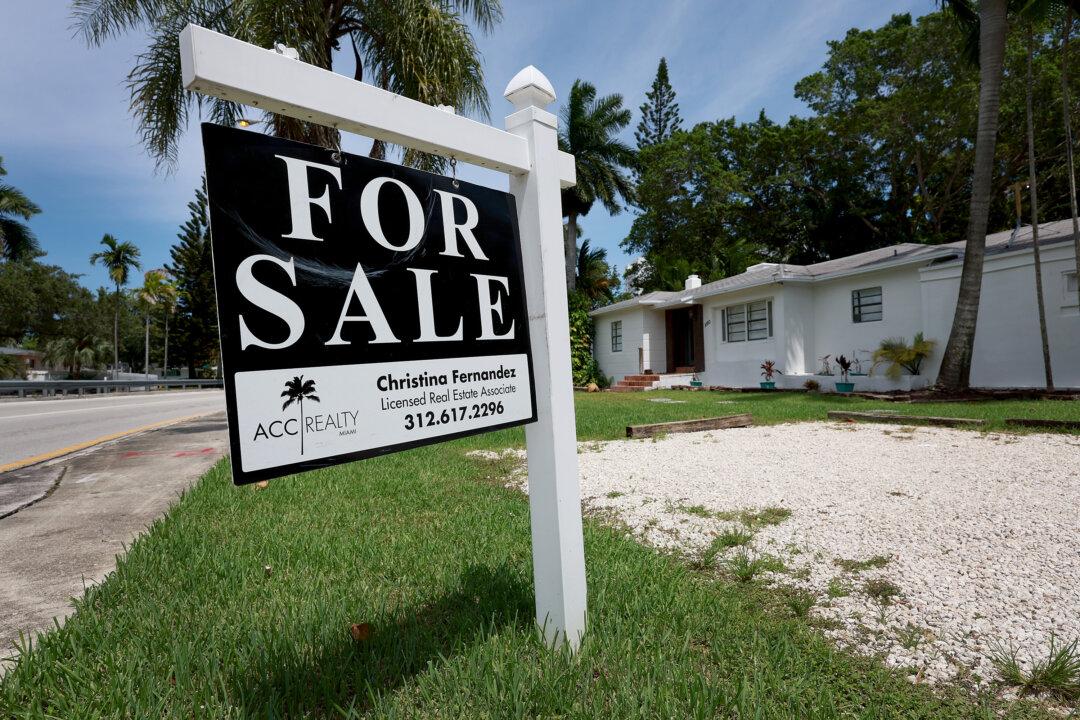New-home sales in the United States rose last month even though home prices increased during this period, with easing mortgage rates possibly boosting buying activity.
Sales of new single-family homes in March 2023 rose by 9.6 percent to 683,000 from 623,000 in February, according to an April 25 press release (pdf) by the U.S. Census Bureau. This is the highest number of sales since April 2022, and is 3.4 percent below the March 2022 sales figure. The jump in sales between February 2023 and March 2023 occurred even as home prices went up. The median sales price of a home spiked from $433,200 to $449,800 during this period, an increase of 3.83 percent.





